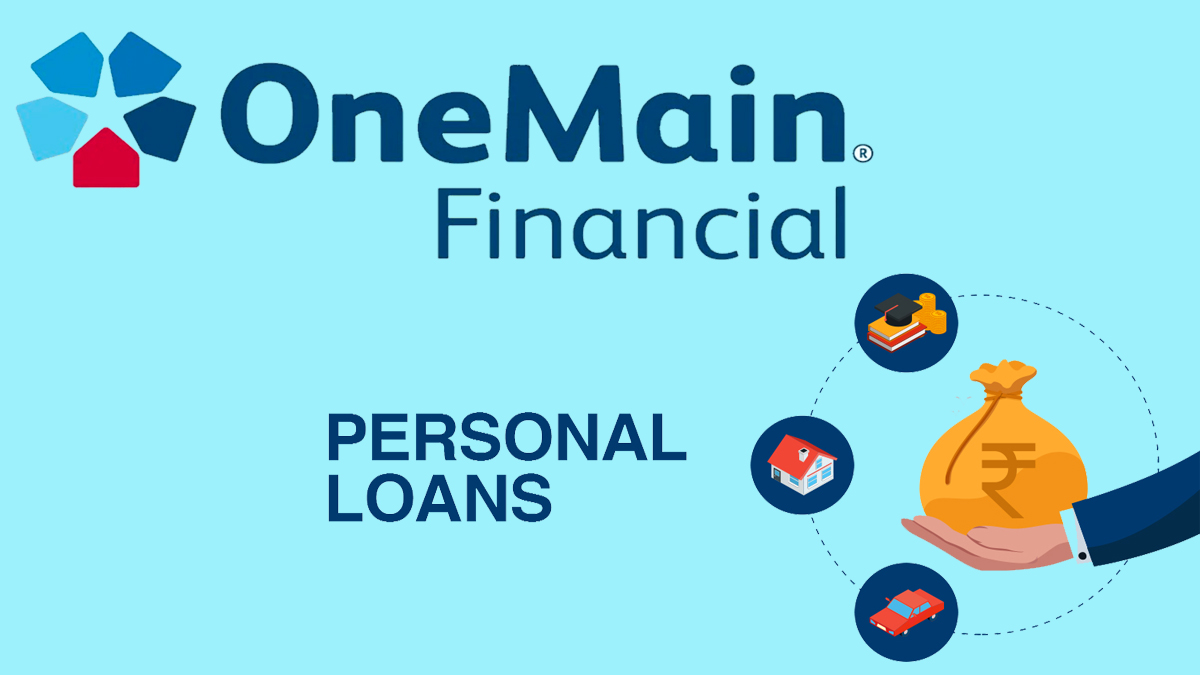Yes, you can use a personal loan for business expenses. While people often use personal loans for things like weddings or home renovations, some lenders let you use them for business expenses too.

Some business owners opt for personal loans because the application process is often faster and simpler than applying for a business loan. When you apply for a personal loan, lenders mainly check your credit score and income and usually only require a few documents like pay stubs and identification.
The credit score requirements for personal and business loans are fairly similar. For personal loans, the minimum credit score is usually around 610, but you can still get approved with a lower score. For example, lenders like Upgrade and Avant might approve your loan even if your score is 580.
Business loans, on the other hand, often require a credit score starting in the mid-500s, but to get the best interest rates and a higher chance of approval, you’ll generally need a score in the 700s.
Personal loan approvals are mostly based on your personal creditworthiness, whereas business loans also take into account factors like your business’s age, revenue, and your experience in the industry. This makes personal loans easier to get, especially if you’re starting a new business or entering a field where you don’t have much experience.
Pros and Cons of Using a Personal Loan for Business
Using a personal loan for business has its upsides and downsides, so it’s important to weigh them before making a decision.
Pros
- Very easy to qualify for and get: Since personal loans are based on your credit score and not your personal or business’s financial history, they might be easier to get compared to business loans.
- Quick funds: you can easily get approved and receive funds. Sometimes even on the same day or within a few business days.
- Flexible use: Personal loans can generally be used for almost anything, including both personal and business expenses. Always review the loan terms to confirm any restrictions.
- No collateral is required: Many personal loans are unsecured, meaning you don’t need to put up assets to secure the loan. However, if you have poor credit, you might only qualify for secured loan options.
Cons
- Higher interest rates: Personal loans often come with higher APRs than business loans, meaning you might pay more in interest.
- Greater personal risk: If you default on a personal loan, it can damage your credit score or lead to the loss of assets if the loan is secured. Business loans usually don’t impact your personal finances unless you’ve provided a personal guarantee.
- Not tax deductible: Interest on business loans is typically tax deductible, but this isn’t usually the case with personal loans, even if they’re used for business.
- Impact on future borrowing: Taking out a large personal loan can raise your debt-to-income (DTI) ratio, making it harder to qualify for other loans, like a mortgage or car loan, especially if your DTI exceeds 36%.
Alternatives to Personal Loans for Business
When looking for business funding, several alternatives to personal loans might offer better rates, terms, and overall support for your business’s financial health. Personal loans should generally be a last resort for business financing.
- Business loan: Often the best option for most businesses, business loans typically come with lower interest rates than personal loans and are specifically designed to meet business needs. However, getting approved can be tougher, especially for new businesses.
- Business credit card: If you need short-term financing, a business credit card can be a good option. Just be cautious about carrying a balance, as the interest rates can be higher than those of personal loans.
- Small business grants: Many private and federal funds are available to many small business owners in the country. These grants are a great way to fund your business without taking on debt.
It’s wise to explore these business loan alternatives before turning to a personal loan. If you do choose a personal loan, make sure you understand the interest rate, repayment terms, and any fees. Also, ensure the monthly payment fits comfortably within your budget.
Keep in mind that personal loans usually have lower borrowing limits than business loans. Depending on your industry, the cost of starting your business might exceed the amount you can borrow, so this is something to consider when deciding if a personal loan is the right choice for your business.



